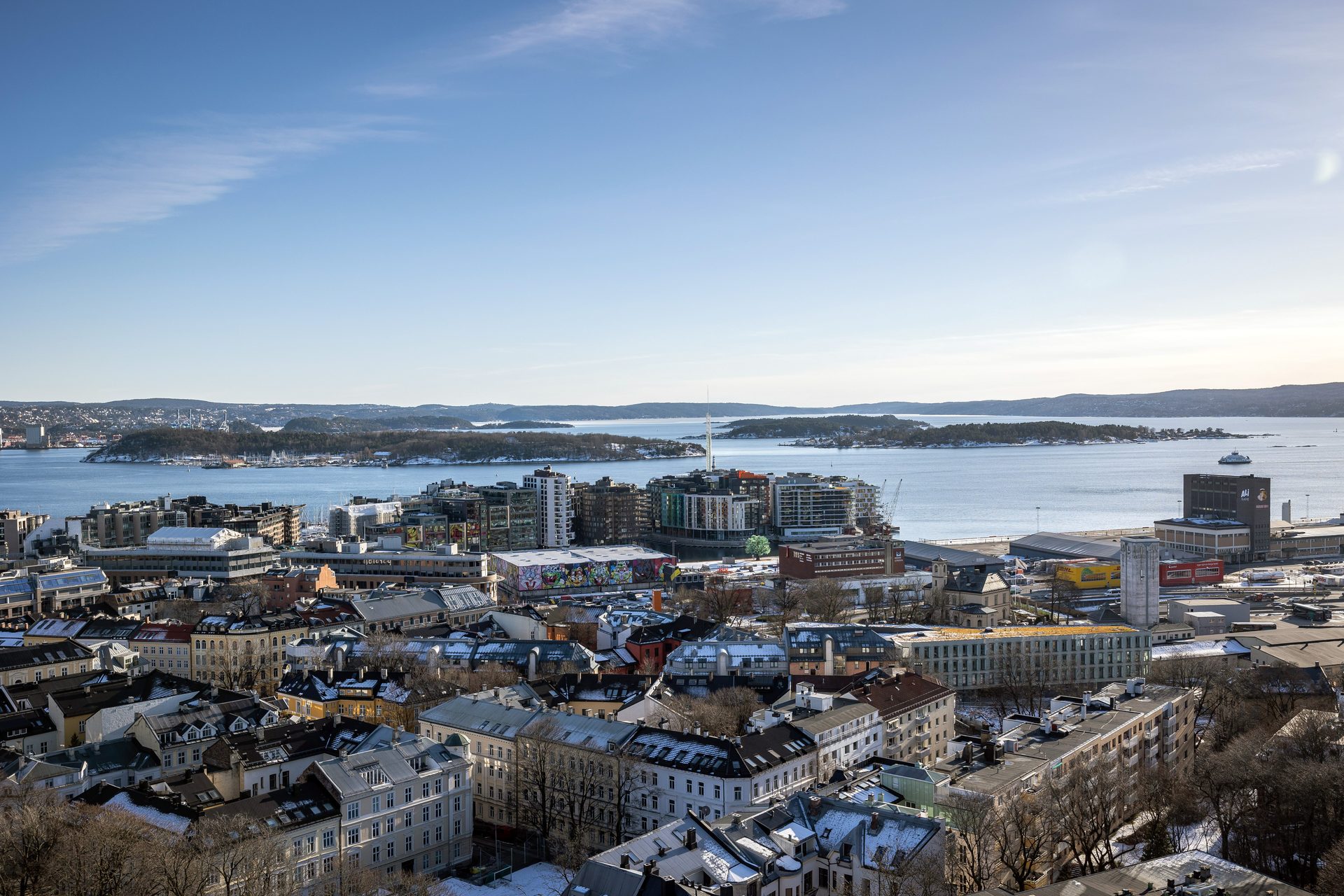Residential
Investor interest in residential properties continues to grow, particularly in development sites located in Oslo and other major cities. Many investors are acquiring residential properties for rental purposes, often with the objective of generating returns through eventual sales to end-users.
Transaction Market
Residential real estate was the third most traded segment in 2024, with total sales of properties and land reaching NOK 12 billion. This accounted for 15 percent of the total transaction market, surpassing the historical average by 5 percent. Despite a challenging transaction environment, the residential sector has demonstrated relative resilience. While liquidity in the segment remains strong, lower transaction volumes in residential land sales suggest that the actual level of investor interest is not fully reflected in completed transactions. This is largely due to a weak new-build market, a pricing gap between buyers and sellers, and constrained supply. In the rental market, institutional investors continue to acquire entire buildings, subsequently divesting units individually to retail buyers as a means of optimizing returns.
8 Residential

Photo: Adobe Stock
8 Bolig
Rental Market
Norway has a relatively low share of the population renting their primary residence. Nevertheless, rental prices have risen significantly in recent years, according to Eiendom Norge’s metropolitan index. Several factors have contributed to this trend. Higher financing costs and tightened tax regulations have led to a substantial decline in the number of secondary housing units, as many investors have opted to divest their rental holdings. In Oslo alone, the share of secondary homes has decreased by approximately 14% since 2019, indicating a structural shift, as these units are unlikely to return to the rental market in the near term.

Photo: Adobe Stock
New housing prices, regions

Housing Price Development
In 2024, Norwegian housing prices increased by 6.4%, while Oslo saw a 6.8% rise. Bergen recorded the strongest price growth at 13.1%. Overall, the market outperformed initial expectations. Looking ahead, we anticipate a 10% price increase in Oslo and 7% nationwide. Norges Bank’s forecast projects a 6.3% rise in housing prices across Norway.
Photo: Adobe Stock
Resale property
Outlook